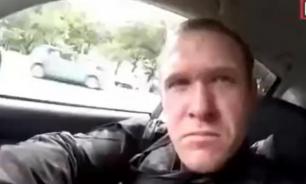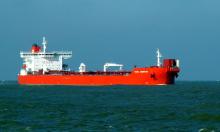Armstrong said his sporting career is definitively finished
While Lance Armstrong has confirmed that he will not be returning to competitive cycling, a huge row has erupted between the sport's governing body, the UCI, and the World Anti-Doping Agency over who leaked the confidential anti-doping documents which provoked the Texan's initial contemplation of a possible comeback.
Armstrong, soon to be 34, has now said that his sporting career is definitively finished, and plans to fight for an eighth straight Tour de France win are shelved.The American's return to cycling had been provoked by reports in L'Equipe alleging drug use by the Texan in the 1999 Tour de France.
Meanwhile, the Wada president, Richard Pound, has now accused his counterpart in cycling's governing body, Hein Verbruggen, of providing a L'Equipe journalist, Damien Ressiot, with access to six confidential medical control documents of Armstrong's from the 1999 Tour. Ressiot then used the documents as part of the evidence for his alleged discovery that Armstrong had - according to later tests - taken EPO, a banned performance-enhancing drug, in 1999.
Armstrong has said he authorised Ressiot to see one of the documents to check whether he had been granted any medical exemptions during racing, not for Ressiot's real investigation. L'Equipe refuse to reveal their sources for the other documents, while the UCI would not comment on Pound's accusations.
Armstrong's agent, Bill Stapleton, has added his own voice to the condemnation by saying Pound had smeared Armstrong's reputation and that Pound was partly responsible for an identifying code appearing alongside the results of EPO tests conducted on Armstrong's 1999 urine samples. If Armstrong is no longer willing to take to the road again to defend his name, he does not discard doing so in the courts, Independent reports.
Subscribe to Pravda.Ru Telegram channel, Facebook, RSS!





